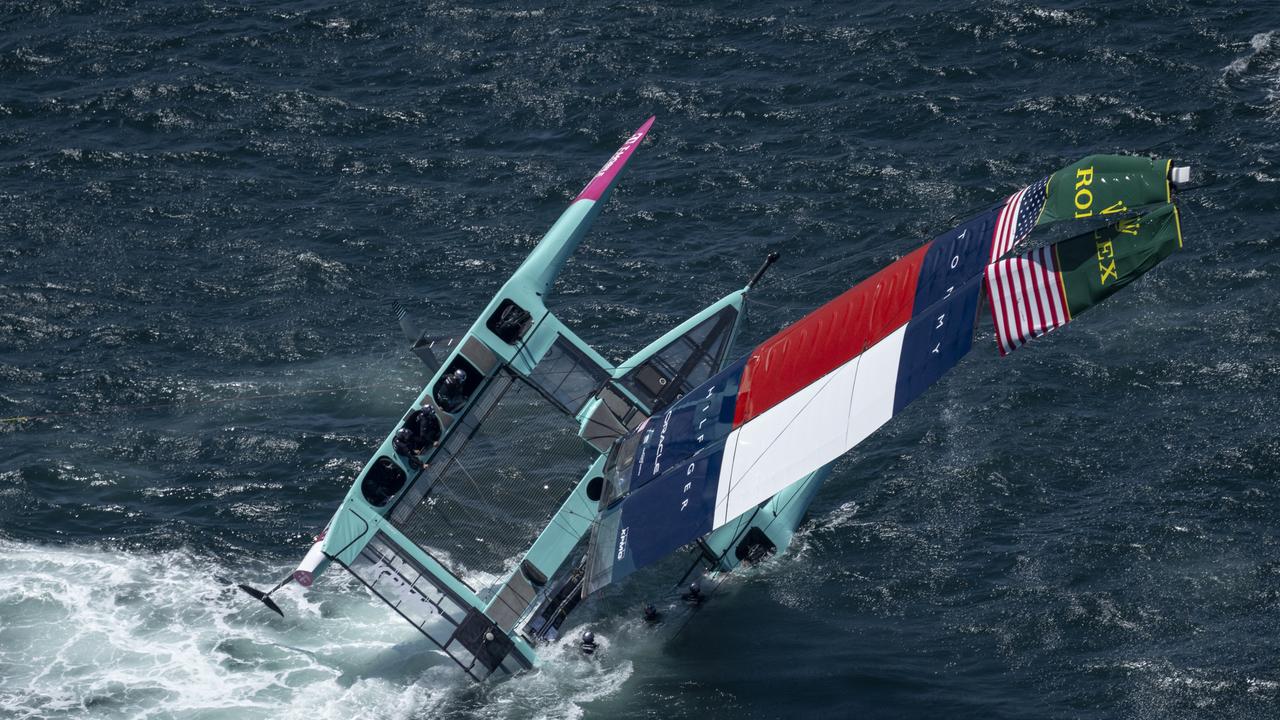Sydney pubs: Secrets behind the empty hotels, bars sitting sad for decades
COUNCIL red-tape, licencing roadblocks or just a good old-fashioned family feud. They’re the secret stories behind some of Sydney’s ghost pubs that have shut and locked doors which continue to baffle Sydneysiders.
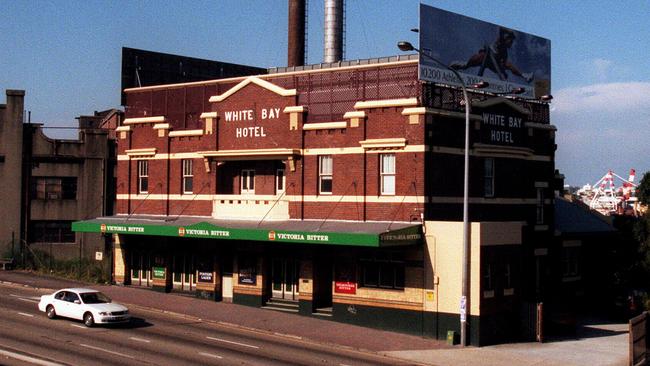
NSW
Don't miss out on the headlines from NSW. Followed categories will be added to My News.
- Balmain pub leases floor to call centre amid struggling times
- Publicans moving from city to bush as establishments set record prices
COUNCIL red-tape, licencing roadblocks or just a good old-fashioned family feud.
They’re the secret stories behind some of Sydney’s ghost pubs, the often famed venues with shut and locked doors which continue to baffle Sydneysiders.
From the supposedly haunted Victoria Royal Hotel in Darlinghurst to the frozen-in-time Terminus Hotel in Pyrmont — which finally sold this year after sitting untouched for more than three decades — a swath of pubs worth multiple millions are mysteriously dormant amid real estate and family squabbles.
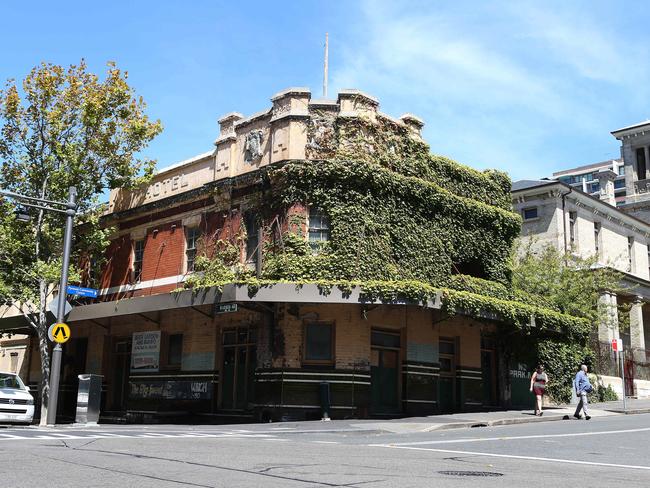
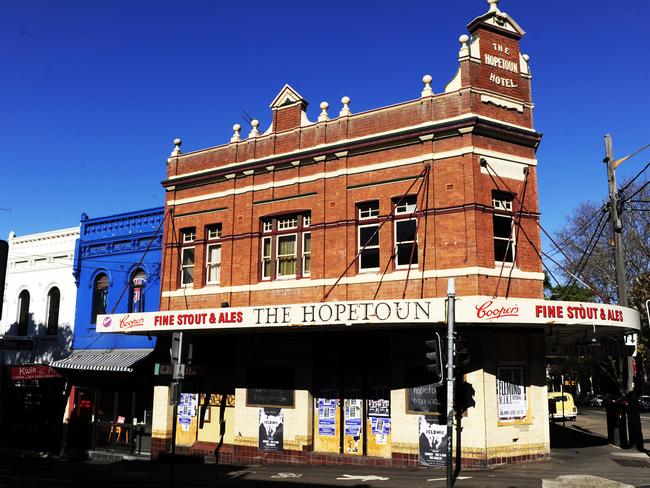
And none has captured the attention more than the iconic Hopetoun Hotel in Surry Hills which last week was the subject of a new round of industry rumours regarding a potential buyer.
Purchased in 1997 by siblings Evangelos and Anastasia Patakas, the famously grungry hotel — a notorious live music venue which played host to bands like Hoodoo Gurus and Wolfmother — has sat undisturbed ever since its owners padlocked the doors in 2009.
At the time a build-up of council fines over safety issues was cited for the closure but hotel insiders say a much-more sinister explanation lurked at the centre of the closure — specifically a bitter family dispute over the sale of the pub.
Mr Patakas denies this is the case, saying: “We’re not in a disagreement but we haven’t decided what to do with the property in terms of what is the most commercially viable solution,”
The Patakas’ paid $1.5 million for the venue in 1997.
Since its closure in 2009 he says he has been bemused by the interest in the venue and claims there is more interest in the venue now than when it was trading.
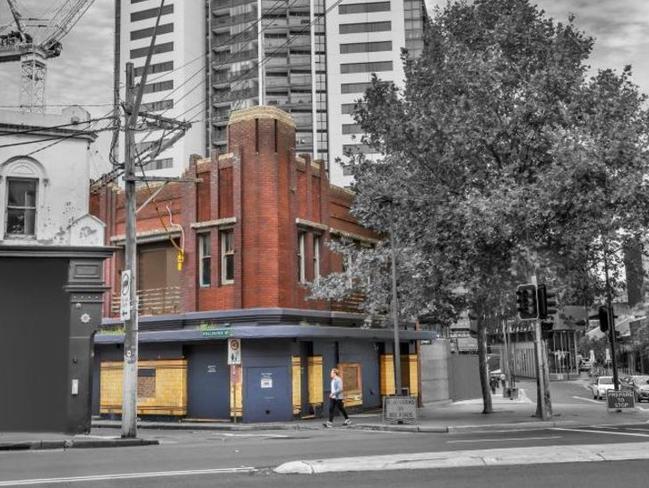
“I find a lot of the interest disingenuous to be honest,” he says.
“People seemed to only care about the venue after it closed. People can be very fickle.”
Several high-profile buyers have been linked to the property including celebrity chef Kylie Kwong and — last week — Ksubi founders George Gorrow and Gareth Moody.
However Mr Patakas insists the venue is not for sale.
“We’re not selling but in saying that we’re in no rush to make any decisions,” he said.
“We’re busy bees.”
RELATED
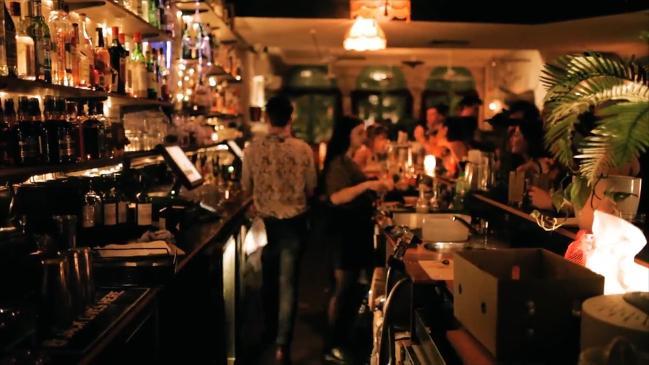
Another hotel owner content to abandon a venue — in this case, the Terminus Hotel in Pyrmont empty for 32 years — was mysterious property mogul Isaac Wakil and his wife Susan.
Initially criticised as “land bankers” profiting off tax breaks earned from vacant properties, the Wakils shocked the property world when they began selling off vast chunks of real estate and donating almost all of the fortune to charity.
They rounded out their sell-off by offloading the Terminus last April to a private consortium headed by engineer David Mathlin.
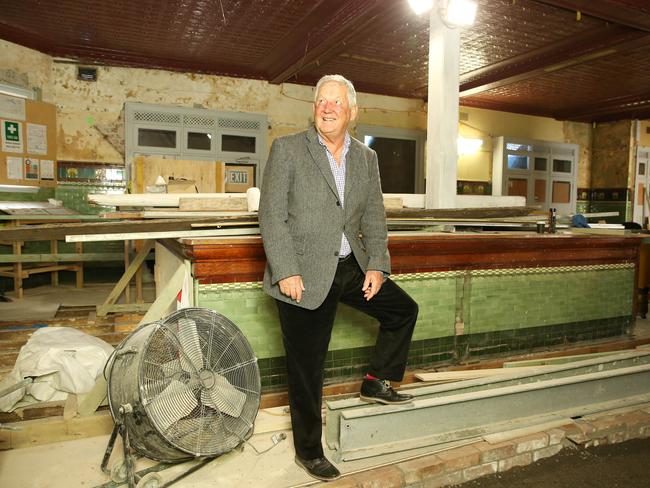
The heritage-listed White Bay Hotel in Rozelle, another fascinating case study in derelict pubs, sat empty for 16 years before being destroyed in a fire in 2008.
The site was snapped up by the state government two years later and remains vacant to this day.
Chippendale’s Castle Connell Hotel, once a drinking hole reserved solely for workers of the nearby Carlton United Brewery, sat empty for 30 years before being sold in May this year for around $3 million.
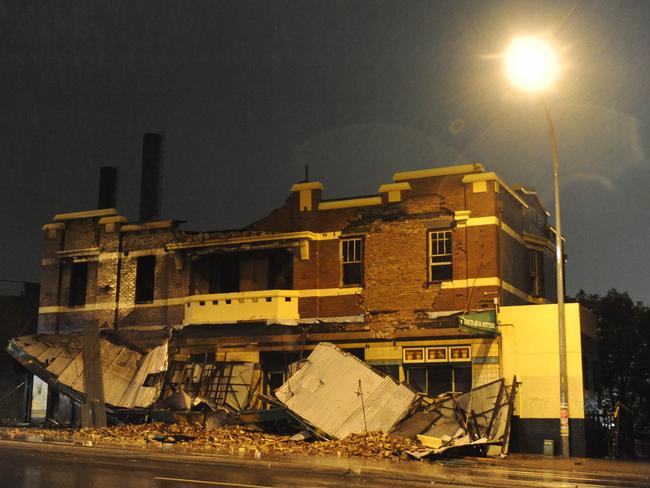
Shuttered due to licencing issues, the pub was seen as having little or no value by CUB and was left untouched. It’s now set to be redeveloped into office space.
The Victoria Royal Hotel in Darlinghurst opened in 1882, was rumoured to house ghosts lurking in its basement and was abandoned in 1978. It was vacant for 32 years before a private buyer — who identified himself only as “Paul’ at the auction in 2010 — paid $2.7 million and converted it to a residential dwelling.

